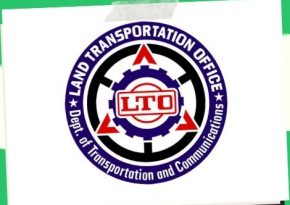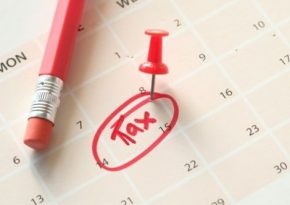
The development of the Philippine e-vehicle sector is dependent on government policies
As long as essential government regulations are in place, the Electric Vehicle Association of the Philippines (EVAP) is confident about the industry’s development.
EVAP president Edmund Araga said the pandemic has delayed the development of the local EV sector at the two-day 9th Philippine Electric Vehicle Summit from Thursday to Friday, 23-24 September 2021.
According to Araga, the number of electric vehicle registrations in the nation fell by 35% in 2019, from 1,570 to 1,015 units.
Over the last decade, the nation has registered 12,965 electric vehicles, including e-trikes, e-motorcycles, e-jeepneys, and e-cars.
“The passage of Senate Bill No. 1382, also known as the Electric Vehicles and Charging Stations Act, in May gave us optimism. House Bill 4075, the Lower House’s version of the Electric Vehicle and Charging Stations Act, has already passed the second reading,” Araga added.
He went on to say that the Department of Energy (DOE) issuing charging infrastructure rules and policies, which would assist companies to install and use EV charging stations by offering financial incentives.
According to a recent Frost & Sullivan research, one of the top three reasons motivating customers to purchase electric vehicles is low-cost charging.
The Land Transportation Office’s administrative order consolidating guidelines on the classification, registration, and operations of different types of electric vehicles, according to Araga, paves the way for more guidance for consumers’ purchase decisions and for local manufacturers to plan their strategies.
DOE Secretary Alfonso Cusi agreed that government assistance would enable the local electric vehicle sector flourish despite the epidemic.
Cusi said, “…policy and guidelines for all stakeholders must be in place to attract the required investment and successfully integrate EVs and EV charging stations in a strong and sustainable energy system.”
The DOE is pursuing a proposal to deploy 20,000 imported EVs and install 5,000 EV charging stations over the next five years, according to the energy secretary.
According to Cusi, the initiative reduced gasoline use by approximately 145 million liters or roughly PHP8 billion in fuel expenditures.
Save/Share this story with QR CODE
Disclaimer
This article is for informational purposes only and does not constitute endorsement of any specific technologies or methodologies and financial advice or endorsement of any specific products or services.
 Need to get in touch?
Need to get in touch?

We appreciate your reading. 
1.) 

Your DONATION will be used to fund and maintain NEXTGENDAY.com
Subscribers in the Philippines can make donations to mobile number 0917 906 3081, thru GCash.
3.) 
4.) 
AFFILIATE PARTNERS

World Class Nutritional Supplements - Buy Highest Quality Products, Purest Most Healthy Ingredients, Direct to your Door! Up to 90% OFF.
Join LiveGood Today - A company created to satisfy the world's most demanding leaders and entrepreneurs, with the best compensation plan today.

 Business, Finance & Technology
Business, Finance & Technology

 Business Technology, Finance Technology & Information Technology
Business Technology, Finance Technology & Information Technology





